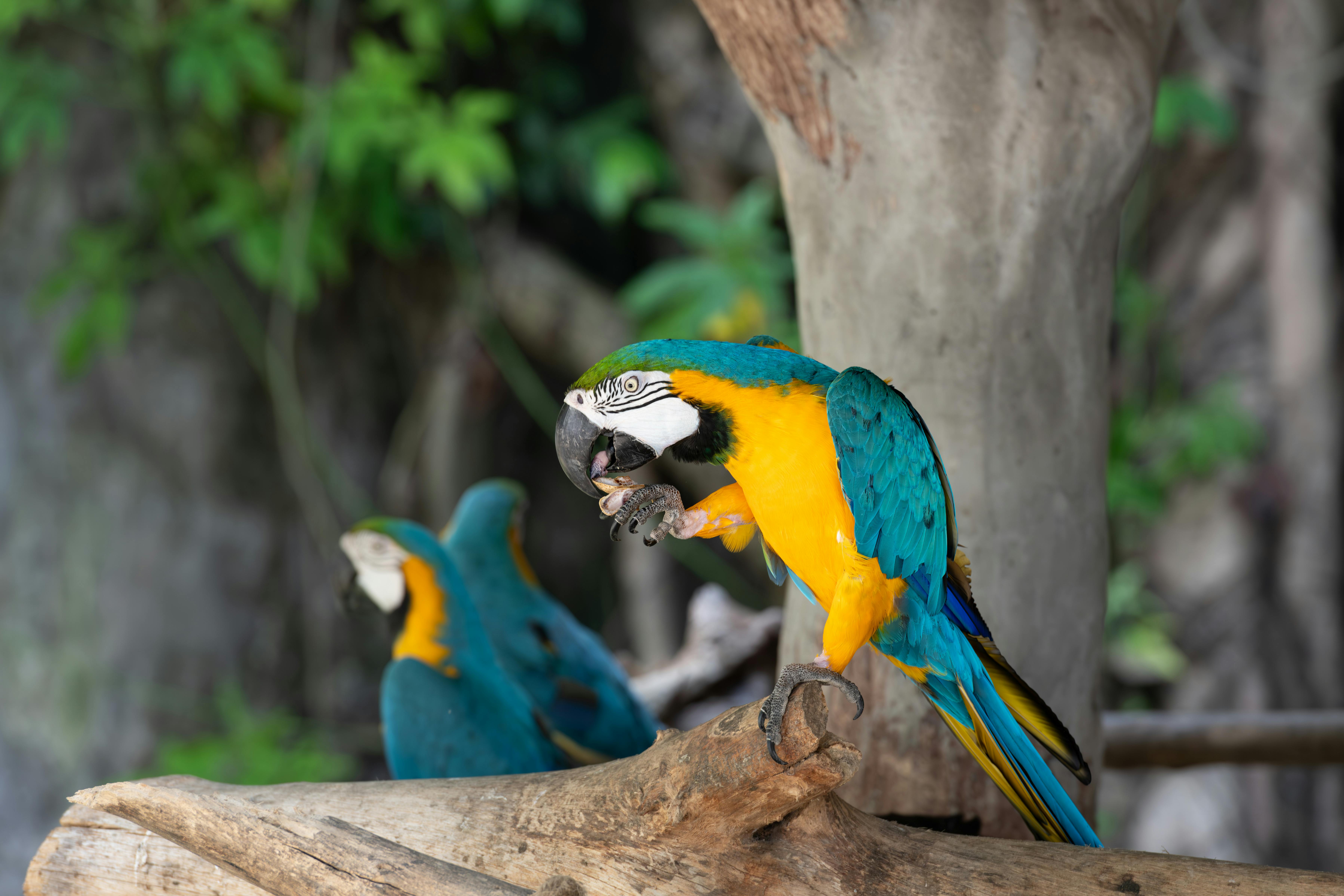Effective Methods for Betta Fish Fighting Prevention in 2025

Smart Ways to Manage Betta Fish Fighting for a Peaceful Aquarium in 2025
Betta fish, known for their vibrant colors and unique personalities, have captivated fish enthusiasts for centuries. However, their natural aggression, particularly in males, poses challenges for maintaining harmony in an aquarium setting. Understanding betta fish fighting helps owners develop strategies to create a peaceful aquatic environment while ensuring the well-being of their pets. In this article, we explore the intricacies of betta fish aggression, the significance of a carefully planned tank setup, and effective management techniques to prevent fighting. We’ll delve into historical insights, care practices, and innovative approaches that betta owners can adopt to minimize territorial disputes, leading to a more tranquil and healthy aquarium. By applying this knowledge, betta fish enthusiasts can foster a safe community for their vibrant companions.

Essential Tips for Betta Fish Care and Behavior
Building on our understanding of betta fish aggression, it's crucial to delve into their care requirements and behavioral traits that contribute to a peaceful aquarium. Betta fish thrive in well-maintained aquatic environments and understanding their behavior can mitigate fighting. Knowledge about their temperament can guide owners in creating a supportive atmosphere. Proper tank conditions such as temperature, pH level, and water quality are vital for their health and behavior.
Understanding Betta Fish Behavior and Aggression
Betta fish display a range of behaviors influenced by their environment and social interactions. Male bettas are notoriously territorial and may become aggressive towards other males, signaling the importance of understanding their behavioral patterns. They often engage in displays of dominance, such as flaring their fins and posturing, to assert their territory. It's essential to recognize these behaviors early to prevent escalation into physical confrontations.
Managing Betta Fish Stress Factors
Stress is a significant factor influencing betta fish aggression. Poor tank conditions, inadequate hiding spots, and poor tank mates can increase stress levels. Betta fish kept in isolated or small environments may exhibit heightened aggression due to frustration. To manage stress, ensure their habitat includes plenty of hiding places, like plants or ornaments, which can provide them with a sense of security. Monitoring water conditions is also essential; fluctuations in temperature and pH can lead to health issues that could exacerbate aggressive behaviors.
Setting Up an Ideal Betta Fish Tank
A well-thought-out aquarium setup is a foundational aspect of avoiding betta fish fighting. The tank size matters—a minimum of 5 gallons per fish is recommended to provide adequate space. Additionally, the introduction of compatible tank mates is crucial for minimizing conflicts, as not all species are suitable companions for bettas. Selecting peaceful fish that occupy different levels of the tank can improve overall harmony.
Preventing Betta Fish Fighting in Community Tanks
Once the importance of their environment and behavior is established, owners should focus on preventing potential fighting incidents through strategic choices. Preventing aggression goes beyond mere tank setup; it involves proactive habits developed by owners over time. Proper management techniques can significantly reduce territorial disputes, making it easier for betta fish to coexist peacefully.
Selecting Compatible Tank Mates for Betta Fish
Introducing new tank mates can lead to stressful situations if not done carefully. Some fish are more prone to triggering betta aggression due to similar colors or behaviors. Ideal companions include Corydoras, neon tetras, and other non-aggressive fish. Always introduce new tank mates gradually and monitor for signs of distress or aggression. This can mitigate the chances of conflicts while allowing your betta to adjust to new friendships.
Creating a Calming Environment
A calming environment is integral in preventing aggression. Incorporating natural elements like plants and driftwood can help replicate their natural habitat, allowing them to feel safe. Additionally, maintaining a consistent light cycle is vital; bettas thrive in stable conditions. The use of dim lighting or shaded areas can calm their instincts, reducing the likelihood of aggressive interactions.
Implementing Regular Health Checks
Regular health assessments for betta fish are just as important as environmental considerations. Illness can lead to changes in behavior, sometimes resulting in aggression. Monitor for signs of stress such as rapid gill movement and lack of appetite. Keeping thorough records of health checks can help track their wellbeing and reveal underlying issues before they escalate into fighting.

Betta Fish Fighting Techniques and Training
Now that we’ve covered setup and behavior, it’s essential to address the controversial aspects of betta fish fighting as a competitive practice. For many owners, engaging in betta fighting is a tradition with deep-seated cultural significance. However, ethical concerns must be at the forefront when considering this aspect of betta fish ownership.
Training Techniques for Betta Fish Competitions
For those inclined to participate in competitions, training techniques should be employed humanely and responsibly. Betta fish can be trained to enhance their fighting techniques through their natural behaviors, allowing them to improve their performance in a controlled environment. It's important to balance training with their health, ensuring that competitiveness never compromises their well-being.
Understanding Betta Genetics and Breeding for Competitions
Betta genetics plays a critical role in determining their fighting capabilities. Breeders often focus on traits such as fin size, body shape, and color patterns, which can influence performance in contests. Understanding these traits can aid in selecting breeding pairs that enhance desirable characteristics while ensuring the health and vitality of the fish.
Ethics of Betta Fighting Competitions
While betta fighting can be a part of traditional practices, ethical considerations must not be overlooked. Advocacy for responsible ownership emphasizes welfare over profit. Understanding the emotional and physical implications of fighting is crucial, promoting information on how to responsibly engage in betting practices while prioritizing the happiness and safety of the fish.
Conclusion
Betta fish fighting and aggression management is multifaceted, requiring careful consideration from aquarium setups to training practices. Owners must educate themselves on the behaviors and needs of these beautiful creatures to successfully navigate their complexities. Engaging in responsible practices that prioritize their health will ensure a peaceful and vibrant aquarium. By adopting the techniques discussed, betta enthusiasts can not only enhance their aquarium's aesthetic appeal but also foster an environment where their bettas thrive in peace.